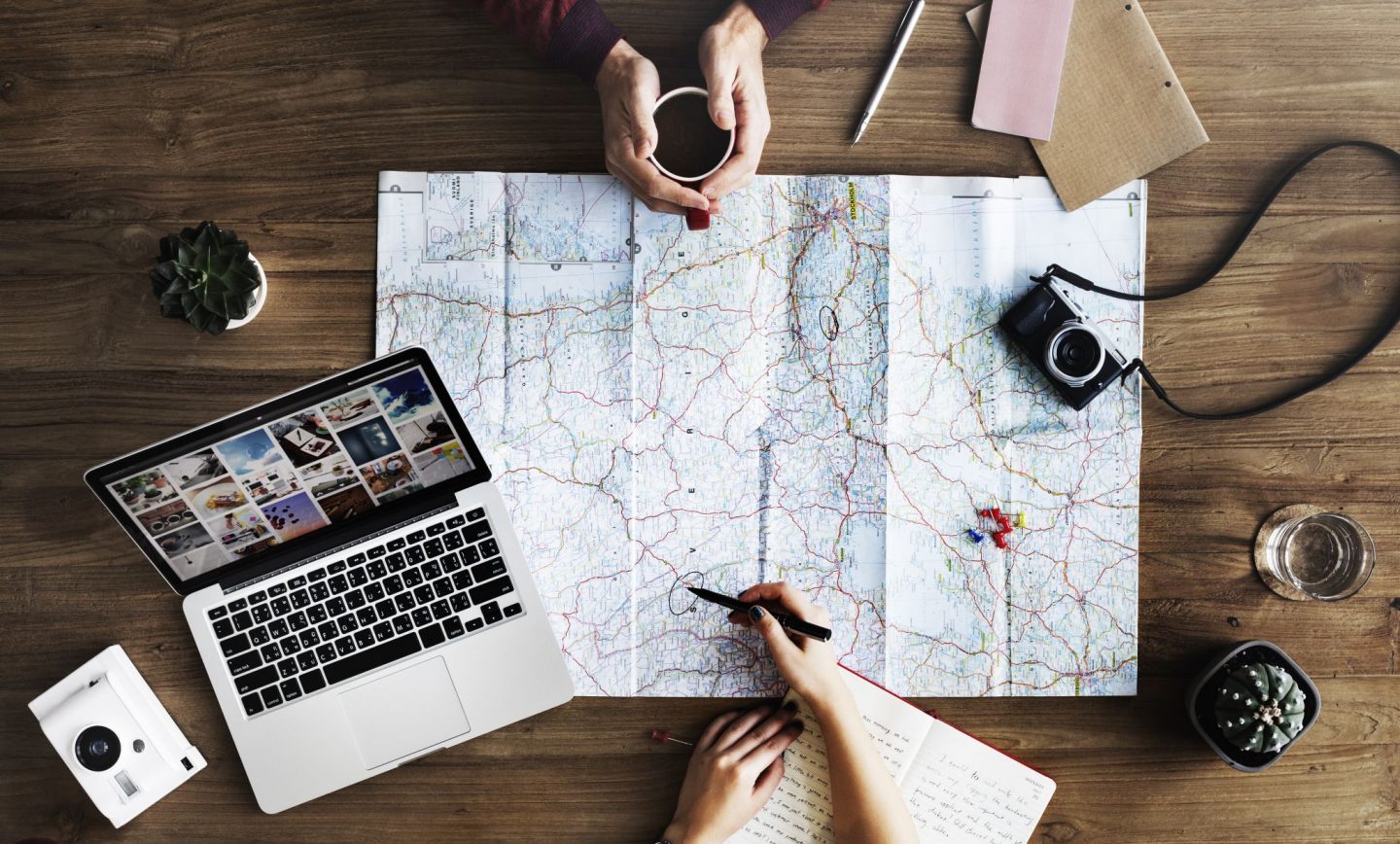
I’ve written before about how travelling can be addictive. I’ve also defended the millennial obsession with travelling. Obviously, it’s better to be ‘addicted’ to travelling than, say, gambling. But if the urge to just ‘travel more’ and hoard travel experiences becomes the centre of one’s focus, then this kind of experientialism may lose meaning and value. Just as a focus on accumulating wealth can detract from other worthwhile aspects of life, so too can an obsession with travel starve attention in other areas of life.
No one wants to be on their death bed regretting that they didn’t see more of the world. But a meaningful life involves so many other things that are not always trumped by a life on the road: time spent with friends and family, personal and creative projects, making a difference in people’s lives and realising some sort of potential.
There are many aspects of the human experience that are meaningful. I suppose, then, that in order to feel fulfilled, some sort of balance is needed; in terms of how much attention is given to the many different facets of the ‘meaningful life’.
When you catch the travel bug, you see travelling as where all the action is, and you just want to talk about past, present and future explorations. This desire to explore is great and can be healthy, and I get how exciting this newfound fascination for novelty and adventure is. (Believe me, at times travelling was all I could think about.)
But if you think about it, who doesn’t love to travel? Sleeping in hostel dorms and living on the cheap doesn’t mean you have more of a passion for travel than someone else who (understandably) views sharing close quarters with a bunch of strangers as a personal nightmare.
I don’t necessarily see a love for travel as a self-defining and fascinating passion or hobby, as if some people don’t actually enjoy chilling out, being away from home-related commitments and stresses, being in beautiful surroundings and eating nice food. This isn’t to say you should only be passionate about stuff that ‘makes you interesting’. Do whatever interests you. But if all you can think and talk about and plan for is travel-related, then once the travel bug leaves your system (and it usually does for most people) then you may find yourself wondering where else to find fulfilment.
Coming down from the high of winding through lush, mountainous landscapes in a rickety bus without a worry in the world can be tough. It’s a precious experience. But that’s not where all the action is. A highly meaningful life is not necessarily the one that’s jam-packed full of travel experiences, but the one that directs attention, intention and action towards self-growth.
This is great. As a millennial who wants to be involved in my local community more than travel, I get so bothered how 20 somethings rave about travel as if it somehow gives them a unique personality. Enjoying a beautiful getaway is not self defining. Everyone does that. Nor does always being in a plane make you a superior person.
Travel does make you happy if it’s what you need. For a while, a long while. You do expand on capabilities that you didn’t know you had and you’re able to make connections if that is what you want. You’re able to test yourself and slake a thirst for freedom. However, it doesn’t make you happy forever or consistently.
Experiences do make you happy compared to servitude to a job you don’t believe in.. but so does belonging and self-actualization as well as the other stuff adults do. I believe that the American continent fosters a culture that lacks belonging (commodifying dating, poor and antagonistic experiences in school, difficulty making friendships or securing leisure time as an adult).. and people fill that hole with Netflix or belongings. But that’s a generalization.
Anyway people need other people and they need other things. Competencies, self actualization, stability. Depending on who they are.
You wrote a post about openmindedness an judgment. I notice that I tend to wallow in the frustration phase of culture shock after some time, what I like and what I don’t like coexist, the differences and the ties that bind. I’m not so adaptable or amenable. It could be some projected argumentativeness or the cultural baggage that gets revealed over time. I am more neurotic and confessional than many continental people and have more difficulty hanging out in groups. I don’t know if the cultural iceberg can be crossed, I do know that many immigrants force themselves to adapt and don’t complain about cultural differences.